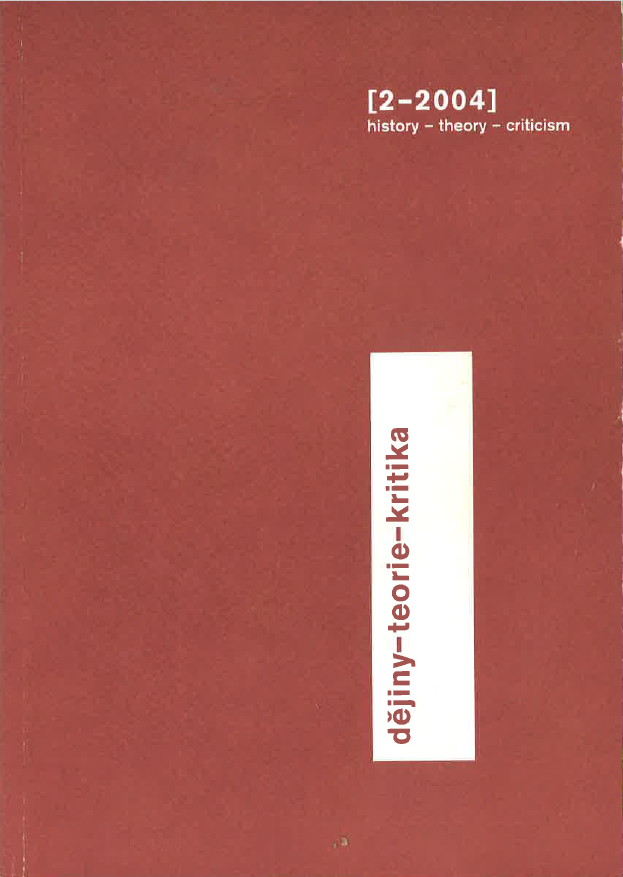A Time of Uncertainities and Critical Turning-Point
On Discussions in French Historiography at the Turn of the 20th/21st Century
DOI:
https://doi.org/10.14712/24645370.3179Abstract
In my article I have tried to outline of the the basic features of what is known as the "critical turning-point" ("Tournant critique") in French historiography of the 1990s. I have tried to emphasise the fundamental factors that led to new critical reflection in historical science in France, and did so directly on the pages of the "pillar periodical" of the "new" historiography - the Annales review. I have stressed specifically the socio-political factor (the collapse of the Soviet bloc and expressions of nationalist separatism in Central and eastern Europe) and ideological (the exhaustion of the structuralist and Marxist model of the social sciences), which undermined the classic explanatory framework of the "current of history" interpreted primarily as linear, causally linked "process". Other factors in the intellectucal crisis included various manifestations of the "crisis of the university function" (university overpopulation, the absence of academic jobs). I have also tried to reflect on the problems brought for history by experiments in interdisciplinary co-operatoin with adjacent fields (mainly philosophy, sociology and anthropology). I have also emphasised the growing interest in — or rediscovery of — cultural and political history, and the history of "the present". In this period self-conscious exploration of the nature of historial "writing" itself and the relationship between history-science and literature-fiction began to play a role as well.


